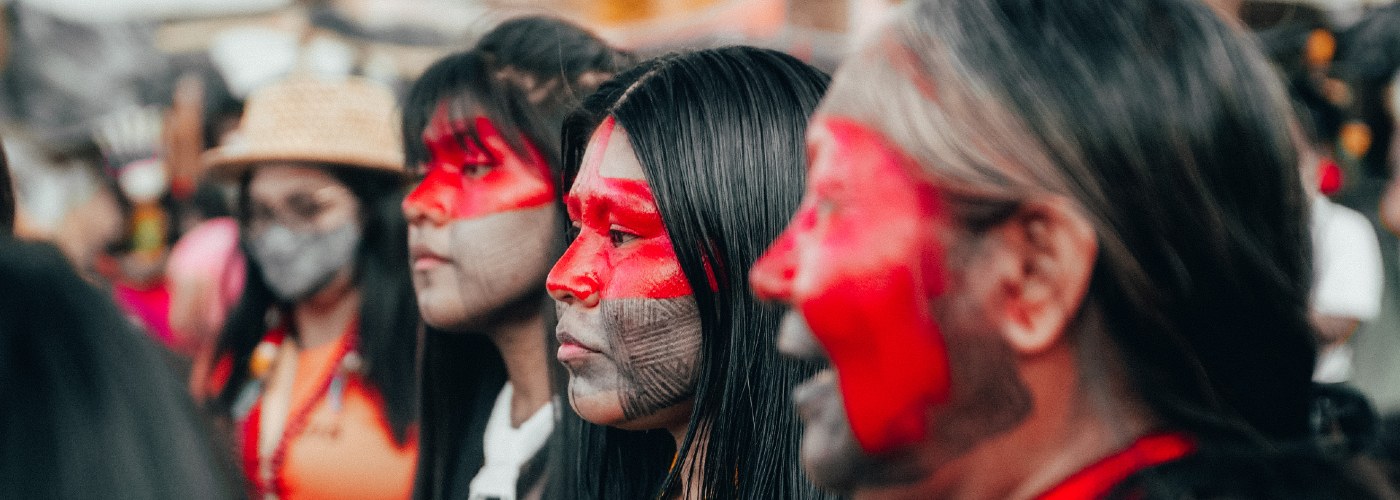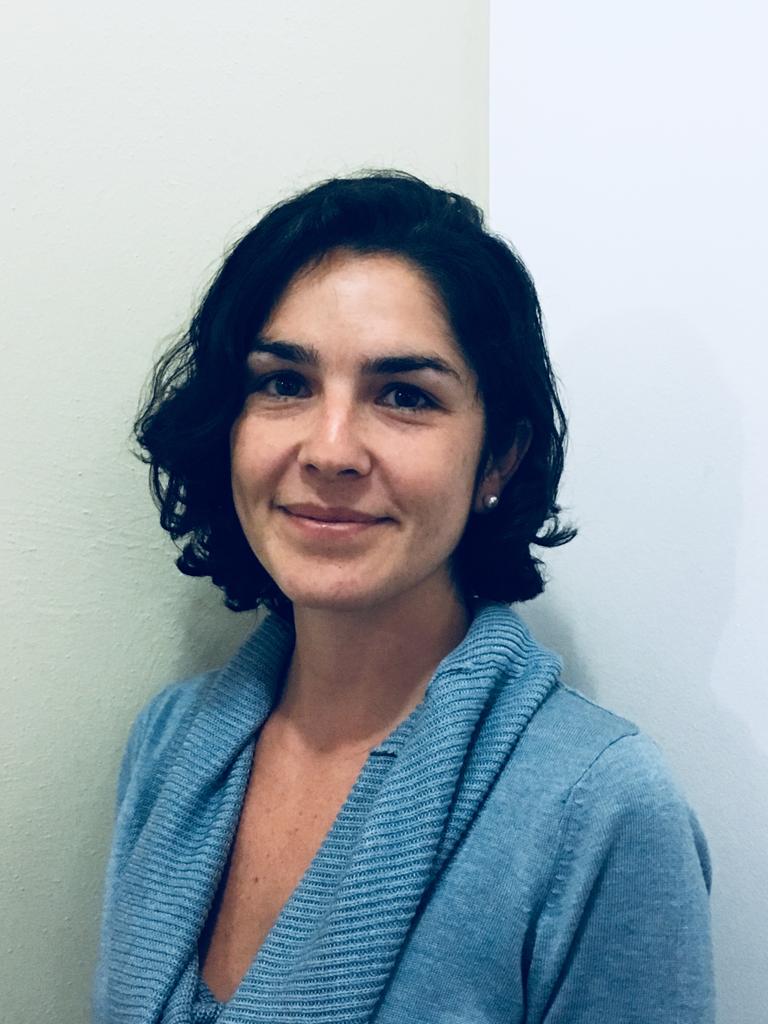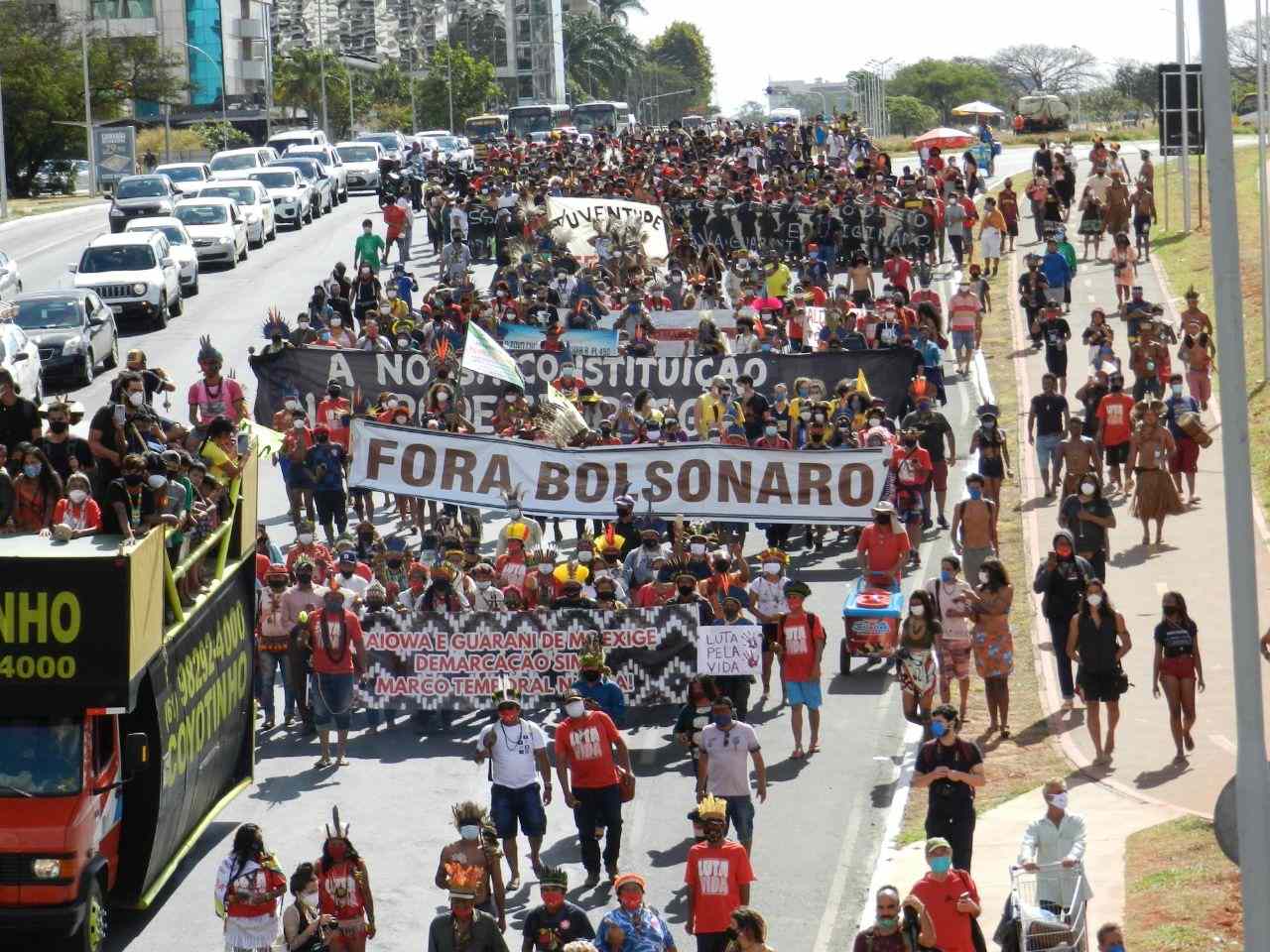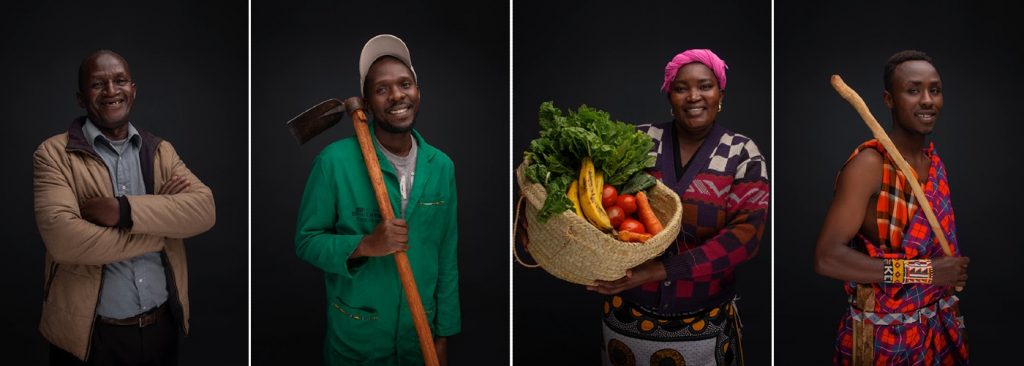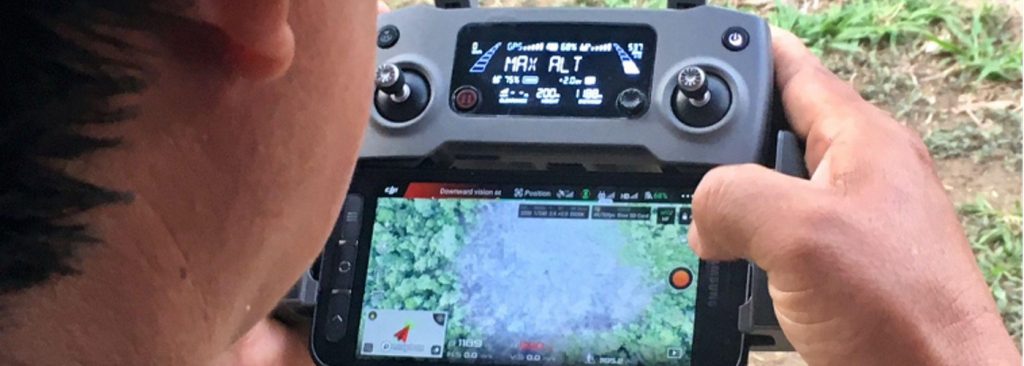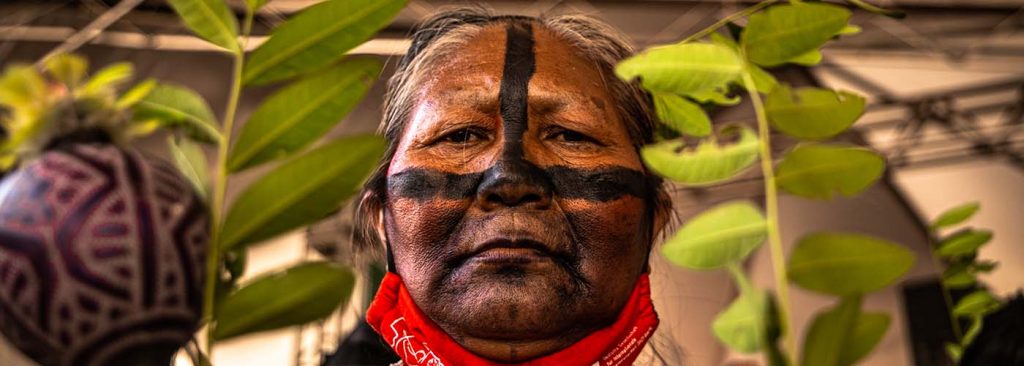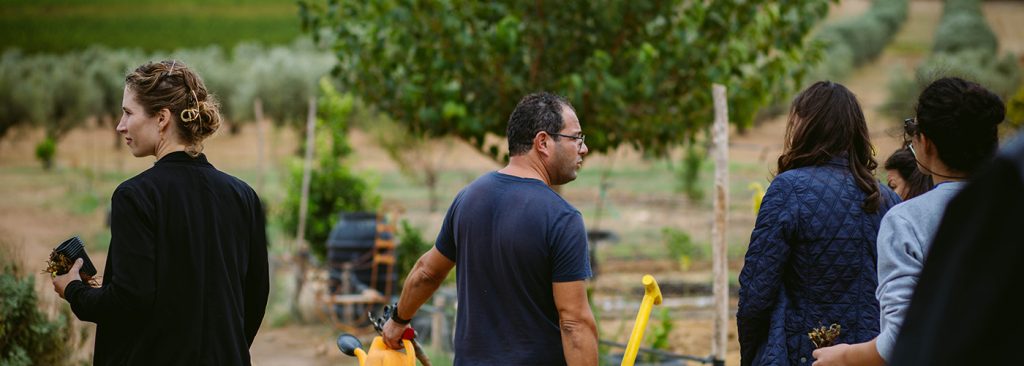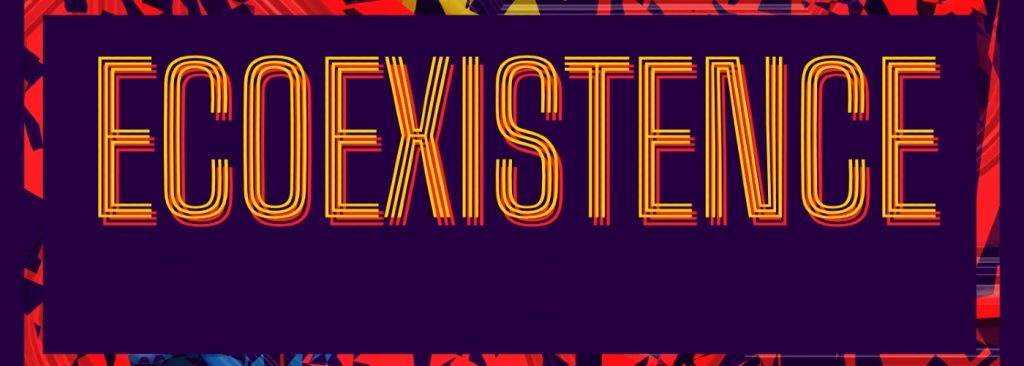With the warmest recorded temperatures in recent memory, deforestation, severe drought, flooding and desertification, many countries are suffering from climate change – Brazil in particular. And as everywhere, it is those most vulnerable who bear the brunt, while they can do the least about it. “Our five-year Voices for Just Climate Action program aims to change that by amplifying these people’s voices,” says Paula Bernardi, Country Engagement Manager of Hivos in Brazil. “That way they can work on local solutions and shape their own future.”
Hivos, together with the World Wildlife Fund and four other international civil society organizations, launched the Voices for Climate Action program in early 2021. Brazil is one of the countries where the program is active, along with Bolivia, Paraguay, Indonesia, Kenya, Tunisia and Zambia. “In Brazil, 125 million people live with food insecurity,” says Paula. “They live in unsafe conditions, receive almost no government support, and have poor access to education or health care. It’s extremely difficult for them to adapt to the changing climate and protect themselves from it.”
Dryer than ever
Climate change is also getting closer to Paula. “Last week it was more than 40 degrees centigrade in some places, even though it’s winter. This makes it drier than ever, and there is a huge water shortage. It’s the worst water crisis in 91 years. The whole country is now preparing for electricity cuts because most of our energy is generated by hydropower.” The drought also causes large forest fires. “When I woke up one morning and looked outside, I couldn’t believe my eyes: my garden was covered in a layer of ash. It turned out that a big fire had broken out in the Sao Paulo area and the ashes had come down with the rain. The air in Sao Paulo is already very polluted and these types of fires make it even worse. Many people suffer from respiratory diseases. My son also coughs a lot and needs an inhaler.”
Urban areas also affected
Paula says that while the focus of attention in Brazil is on the carbon release hotspots caused by deforestation, urban areas, too, are hit just as hard by the climate crisis. “In the Amazon region, no less than 70 percent of the inhabitants live in a city. That’s why in the program we establish rural-urban linkages and focus on how city dwellers can adapt to the changing climate. We work with vulnerable groups like women, youth and indigenous communities.”
One of the organizations that Hivos supports will bring urban communities together in the Amazon region to encourage the use of environmentally-friendly climate solutions. Think of green roofs and urban farming. Paula tells us that these methods have been rarely used in Brazil so far, especially in the Amazon. “But with them we can make local urban communities aware of the impact of climate change on their lives and how they can contribute to solutions themselves,” she explains.
Another organization Hivos works with will focus on Indigenous female leaders in the Amazon region. “They will be able to amplify and qualify their participation in international forums and negotiations on climate issues, strengthening their ownership. That way their influence will also increase. But language is one of their biggest obstacles because networking, writing proposals – everything – is done in a foreign language. And most of the documents and literature on climate justice come from Europe and the US. That’s why an important part of this project is providing these leaders with English and Spanish training.”
Climate on the political agenda
Next year, Brazil will hold elections for both the president and state governors. “Our current president Bolsonaro does not believe in climate change. Fortunately, his popularity is declining sharply due to his mismanagement of the environment and the Covid-19 pandemic, with negative impacts in the national economic scenario. Before, some 54% of the voters supported him, but now that’s only less than 30%. We want a new government to put climate high on the agenda. So we support climate organizations that are pushing presidential and state candidates to include the issue in their campaigns.”
Hivos Brazil is also advocating for a law to include climate security in the Brazilian constitution. “We are collecting signatures for this from congressmen and congresswomen. With 171 signatures, the law can be registered and the voting process can start. We now have 143.”
Watch the video of the Women’s Indigenous March 2021 in Brasil:
A resilient future
Paula is passionate about securing the future of her country and the world. “I am 100 percent committed to reducing Brazil’s current negative impact on the climate. And to ensuring that vulnerable groups have the right to fight for a more equitable future. These are people who stand up for themselves, the environment and human rights and have been criminalized and persecuted for doing so. This must change so we can make our society more just and help the world become resilient to the impacts of climate change.”

